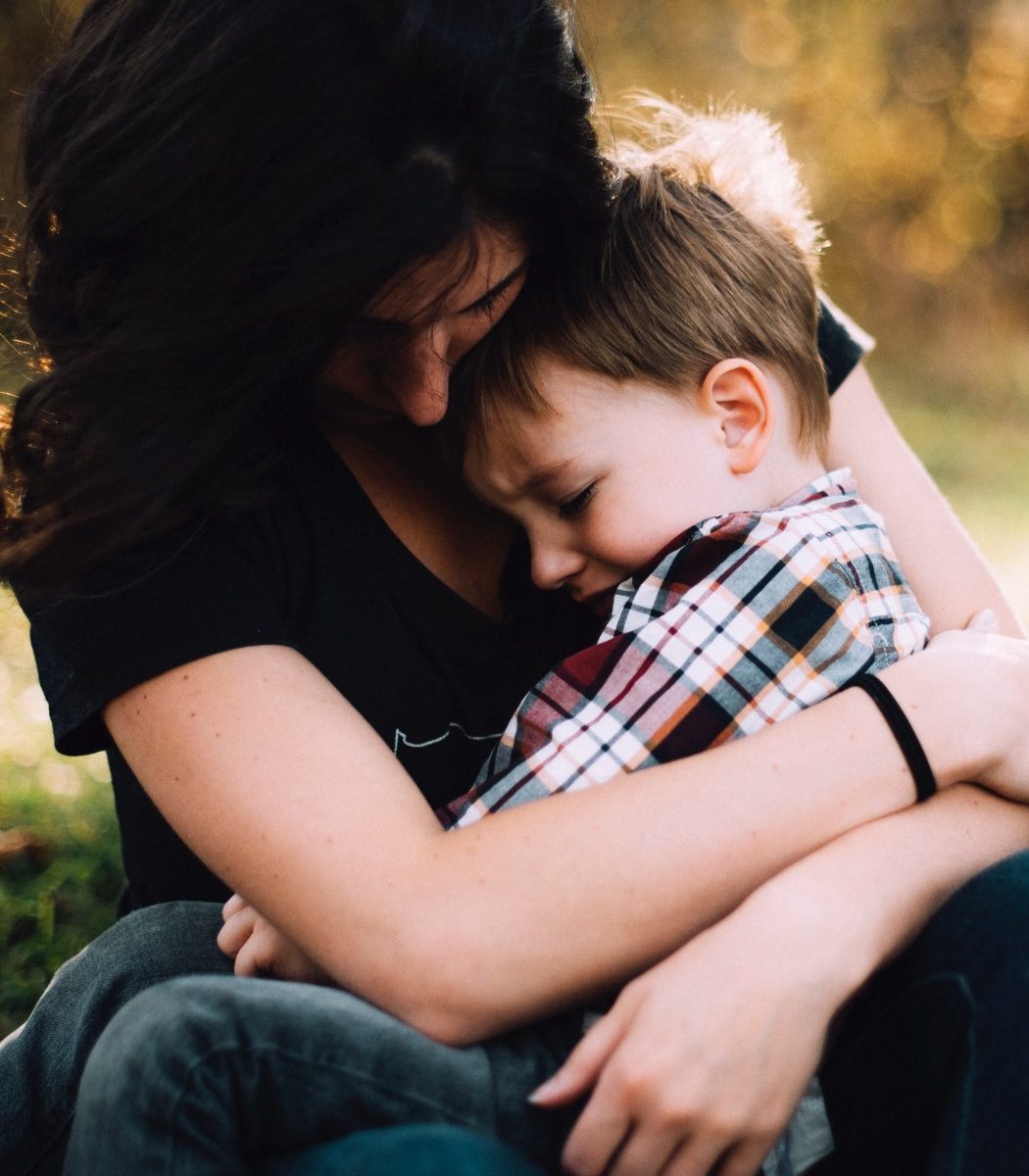“Praise be to the God and Father of our Lord Jesus Christ, the Father of compassion and the God of all comfort, who comforts us in all our troubles, so that we can comfort those in any trouble with the comfort we ourselves receive from God.” II Corinthians 1:3–4
The root words of “comfort” mean to strengthen or support. Paul says that God is the God of all strength and support so that we can find consolation in Him no matter what our troubles are.
At times, I am physical manifestation of God’s comfort to my daughter. When she has a bad dream or takes a tumble off of her bicycle, I hold her assure that God is just as surely with her as I am.
At times, my daughter needs comforting because of something I’ve done. Whether I’ve made her angry by not giving her something she wanted or cut her off when she’s interrupted her mother, she does not then seek strengthening or support from me.
Her comfort options currently include:
Her mother — probably the person in the world who gives her the most qualitative and quantitative comfort
Her stuffed teddy bear Almandine
Her white pig “blankie” (in actuality a pig towel that was co-opted by our daughter as a blankie before she was two)
A revolving wheel of stuffed animals (including — but not limited to — a squeaking unicorn, a chipper bobcat, and a floppy-eared rabbit)
If she’s made me angry — and I’ve found that no one on earth can make me as angry as my own child — then I am reluctant to see her immediately comforted. I want her to feel the weight of what she’s done and then only receive comfort from me (!) after she’s apologized.
This is not godly comfort, and I am glad that God does not treat me this way.
In fact, realizing God’s grace to me is typically the way God convicts me.
My behavior is wrongheaded, and when I go through this pseudo-comforting cycle, I myself inevitably have to ask for my daughter’s forgiveness.
The reality is that there’s no situation involving how I treat my daughter wherein I have the moral high ground to excuse my behavior. It will never be valid for me to say, “Well, she should have known better!” and exonerate myself. In fact, I’m responsible for what she knows. I’m always the one that should have known better.
So if that’s a broken way to go about strengthening and supporting my daughter, how exactly does godly comfort work?
Well, the modern sense of “comfort” as ease clues me into what Paul is talking about in his second letter to the Corinthians.
When I talk about how “comfortable” now, I am talking about the fact that I feel strong and supported. If I am “comfort-able”, I already have it. In some sense, I’ve been able to strengthen and support myself.
You can see the issue here. If I believe that I can strengthen and support myself, then two things happen.
First, I see my own comfort as an end in itself. I don’t need to get stronger or gain support. I’m good.
Second, I start to wonder why others can’t simply comfort themselves. I did it. Why can’t they?
Paul wants his readers to know that true comfort comes from God. All of us are weak. All of us need support. All of us face trouble. All of us are — to use an analogy — the equivalent of my five-year-old daughter in need of some specific emotional, intellectual, physical, or spiritual help.
When God comforts us in our trouble, we are not to grow comfortable, either by convincing ourselves that our comfort came from our own strength or by figuring that we’re good now that God has shown us grace.
God’s comfort should inspire us to show comfort.
That does not mean I can never discipline my daughter. But if she’s wronged me, the person she needs to deal with is me. Doubling down on my anger will not strengthen or encourage her. She will seek comfort elsewhere.
I do not want my daughter to learn to seek comfort from sources other than God. When she’s in trouble, God is precisely who she needs to go to. If she can’t learn this lesson with her own father, it will be more difficult for her to rely on her heavenly Father for comfort.
The bonus for me? When I show my daughter comfort, I am inevitably strengthened. God continues the virtuous comforting cycle as I show my daughter what He has shown me.
That truly is comforting.

